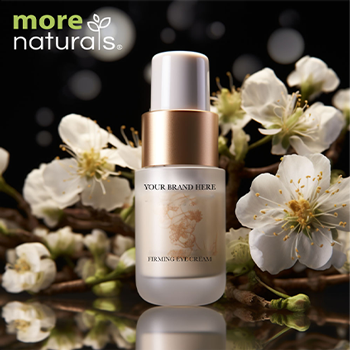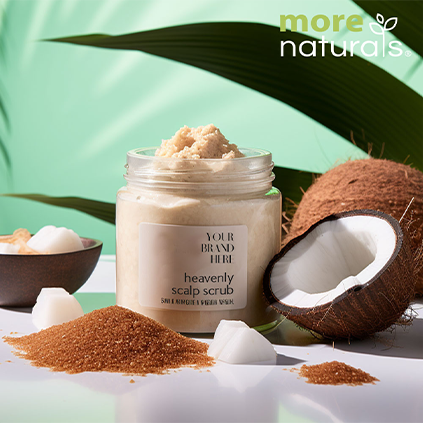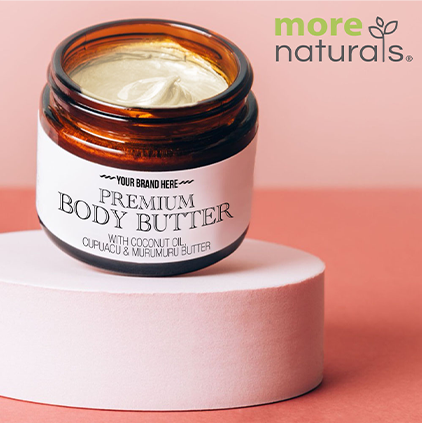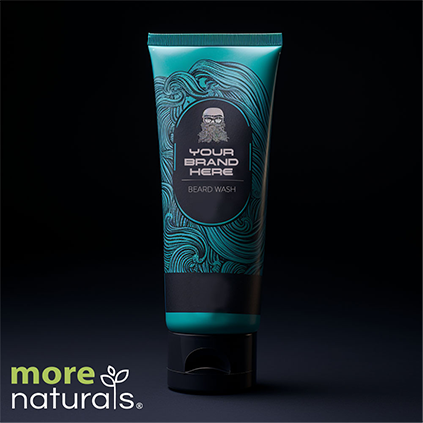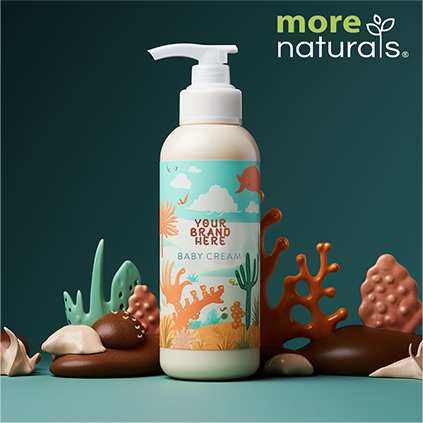
What Is Sensitive Skin?
Sensitive skin is a widespread problem nowadays. Sensitive skin is characterized by reacting to certain ingredients found in skincare products. These reactions may range from mild irritation to severe allergic reactions. Many people experience redness, irritation, dryness, flaking, itching, burning, stinging, tightness, swelling, and peeling after exposure to chemicals found in everyday household items such as cleaning supplies, cosmetics, personal hygiene care products, and even air fresheners. These symptoms may occur immediately after application or over time. These irritants cause inflammation and damage to the skin cells, leading to premature aging and wrinkles.
Skin sensitivity varies widely among individuals; for example, someone people may suffer from eczema, while others may not notice any reactions. However, there are some things that we can learn about our sensitivities.
How do I know if I have sensitive skin?
Another good indicator of sensitive skin is the presence of rosacea. Redness, swelling, and acne-like bumps around the nose and cheeks characterize rosacea. It affects approximately 10 percent of the population worldwide.
There are many ways to determine whether you have sensitive skin. One way is to try using a new brand of skincare products. Then, perform a patch test by simply applying a small amount of the product onto your skin (typically behind the ear or in the crook of your elbow) and waiting 48 hours before checking for signs. You might have sensitive skin if you notice signs of redness, itching, burning, peeling, dryness, flaking, or swelling after using a new product. Some common ingredients that can cause sensitivity are fragrance, alcohol, parabens, formaldehyde, mineral oil, synthetic preservatives, artificial colors, and sulfates.
If you have sensitive skin, you should steer clear of products that contain any of the following:
- Allergens
- Astringents
- Citric Acid
- Drying Agents
- Fragrances
- Glycolic Acid
- Hydroxy Acids
- Lactic Acid
- Mineral Oil
- Parabens
- Phenoxyethanol
- Propylene Glycol
- Salicylic Acid
- Sodium Laureth Sulfate
If you suspect you have sensitive skin, use natural remedies instead of harsh chemical treatments. Natural remedies tend to be gentler on the skin and less irritating. They also tend to work better over time.
How To Choose The Right Skincare Products for Sensitive Skin
You should always choose natural skincare products over chemical ones if you have sensitive skin. Natural skincare products are made up of plant extracts instead of chemicals. Therefore, they contain no harmful ingredients such as fragrances, dyes, parabens, phthalates, triclosan, sodium lauryl sulfate, and petroleum derivatives.
Natural skincare products are gentle enough to use daily but powerful enough to treat skin problems. There are three natural skin care products: cleansers, moisturizers, and serums. Each has its benefits and uses.
Cleanser
A cleanser removes dirt and impurities from your face. Cleansers usually come in two forms: foaming and non-foaming. Foaming cleansers work best for oily skin, while non-foaming cleansers are better suited for normal to dry skin.
Moisturizer
Moisturizers keep your skin hydrated and plump. Moisturizers are especially beneficial for those who suffer from dry skin.
Serum
Serums are concentrated formulas that deliver intense anti-aging properties. Serums treat acne scars, fine lines, wrinkles, and dark spots.
The Skin Types
Knowing your skin type helps you choose the right skincare products for your skin. There are four main types of skin: oily, normal, dry, and combination. Oily skin produces excess oil, which clogs pores and causes breakouts. Normal skin is neither too oily nor too dry. Dry skin lacks moisture, causing itchy, flaky, and chapped skin. Combination skin is somewhere between oily and dry skin. An uneven distribution of oil and sweat glands often characterizes it. While sensitivity is typically associated with dry skin, anyone can have sensitive skin.
Choosing your first organic skincare product isn’t difficult. The key is finding one that works well with your skin type. Here’s how to choose the perfect organic skincare product for your skin type:
Oily Skin
Oily skin produces more sebum than other skin types. Sebum is a waxy substance produced by the sebaceous glands near hair follicles. Sebum protects the skin against bacteria and prevents it from drying out. However, oily skin is also more prone to acne and breakouts. If you have oily skin, you must avoid using heavy creams and lotions because they will only make your skin greasy. Instead, opt for lightweight oils and light creams. You can also apply an oil-free moisturizing cream at night.
Look for products containing natural ingredients like glycerin, honey, and oatmeal extract for dry skin. Glycerin is a humectant that attracts moisture to the surface of the skin. Honey contains antioxidants that protect the skin from free radicals. They also help reduce inflammation and soothe irritation. The oatmeal extract helps improve the appearance of fine lines and wrinkles.
Normal Skin
Normal skin does not produce much sebum. That makes it easier to maintain its softness and elasticity. Normal skin is also very resilient to environmental factors like wind, sun, and pollution. Because of this resilience, normal skin is less likely to develop wrinkles or blemishes.
For normal skin, look for products formulated without synthetic chemicals. Instead, natural ingredients like aloe vera gel, shea butter, and vitamin E work wonders when applied topically.
Dry Skin
Dry skin lacks essential oils and water. This lack of moisture causes dry skin to crack and peel. Dry skin also tends to get red, irritated and inflamed quickly. To prevent these issues, use a hydrating moisturizer every day.
If you have dry skin, look for products that contain natural ingredients such as jojoba seed oil, avocado oil, olive oil, and coconut oil. These oils help keep your skin hydrated while preventing pimples and blackheads.
Combination Skin
Combination skin has characteristics of both oily and dry skin. Therefore, if you have combination skin, you may experience some of the same issues as oily and dry skin. For example, if you have oily skin on your “T-zone’ (forehead, nose, chin) and dry skin on your cheeks, you may notice a breakout on your oily areas and flakiness on your dry areas. This makes managing it more challenging, as you have to spot-treat the different zones.
To treat combination skin effectively, look for products that address all three aspects of your skin: oily, dry, and routine. Look for products that contain natural extracts like rosemary, lavender, and tea tree oil. These oils help calm oily skin while soothing dry skin. They also help reduce redness and inflammation in combination skin.
In conclusion, selecting the appropriate skincare products for sensitive skin requires careful consideration and attention to individual needs. By understanding your skin type, identifying potential irritants, and seeking out products with gentle and soothing ingredients, you can create a skincare routine that nurtures and protects your sensitive skin. Consulting with a dermatologist or skincare specialist can provide valuable guidance and recommendations tailored to your concerns. Remember, patience and consistency are key in skincare, and with the right products and practices, you can achieve a healthy and radiant complexion while keeping sensitivity at bay. Prioritize your skin’s well-being, and embark on a skincare journey that leaves you feeling confident and comfortable in your skin.
Find your next organic skincare product for your customers here.

